Do Wasps Pollinate? Why Wasps Aren't Always a Bad Thing
While many of us fear wasps for their painful stings, it is important to recognize the roles they fill in nature. Do wasps pollinate or do anything beneficial for that matter? The answer is yes! Here's why wasps aren't always a bad thing.

Do Wasps Pollinate Differently Than Bees?
Before learning how wasps benefit an ecosystem, it helps to differentiate them from bees. Wasps and bees exist in many different and distinct-looking species, but in most cases, they all sport a similar appearance, which can cause confusion.
Traits Unique to Bees
Bees are arguably the most important and effective pollinating insect. Unlike wasps, bees have fuzzy bodies, which allows a lot of pollen to latch on to them each time they stop at a flower. They also have a more bulbous appearance.
Bees are known for the impressive nests they construct. A colony can continue to grow and thrive for many years. Interestingly bees are actually thought to be descendants of wasps. Both types of insects belong to the same order of bugs, called Hymenoptera.
Learn more about 5 Types of Bees and How They Differ.
Traits Unique to Wasps
Before answering the question, "do wasps pollinate?", let's talk about what makes wasps unique. With sleeker, skinnier bodies, wasps have an overall more streamlined look than bees. The vast majority of wasps are primarily predatory, though many of them will feed on nectar or other sweet substances on occasion. Wasps generally only live for a year, dying off during the colder winter months. Due to their shorter lifecycle, wasps' nests are notably smaller than those of bees.
Wasps have a bad reputation for being likely to sting, and it is true they tend to be more aggressive than bees. However, as long as you keep a respectful distance, they should leave you alone. They are not out to sting anyone and generally only do so when they feel threatened.

How Do Wasps Benefit the Environment?
So, do wasps pollinate? The U.S. Forest Service says, yes! While they do not have the same pollinating power as bees, wasps are still considered to be beneficial in this way. Even predatory wasps, which do not feed off of plants, may carry pollen from place to place during their daily activities. However, predatory wasps also benefit the environment in another way. They help keep other insect populations, including many pests, in check.
Since the different types of wasps are diverse, certain species are more prone to pollination than others. A notable example of pollinating wasps is fig wasps, whose pollination is the reason fig trees can thrive and grow fruit.

Do Wasps Pollinate and Benefit the Environment? Yes!
While they're not a bug that you want to get too close to, wasps do provide many benefits to the ecosystems in which they live. Being a conservationist means understanding that all creatures have a role to play in the balance of the natural world, even those that aren't necessarily charismatic. Learn more about the 8 most common pollinators.
The answer to "do wasps pollinate?" is yes, and there is a lot more to these insects than that. At BeCause Tees, our mission is to support small changes that have a big impact on our planet. That's why we support Pollinator Partnership along with other beneficial nonprofits. Show your support for protecting our natural world today with our nature-inspired designs!
Sources:
https://www.fs.usda.gov/wildflowers/pollinators/animals/wasps.shtml
https://www.goaptive.com/blog/pest-facts/do-wasps-pollinate
https://www.orkin.com/pests/stinging-pests/wasps/difference-between-bees-and-wasps
https://www.britannica.com/story/whats-the-difference-between-a-bee-and-a-wasp

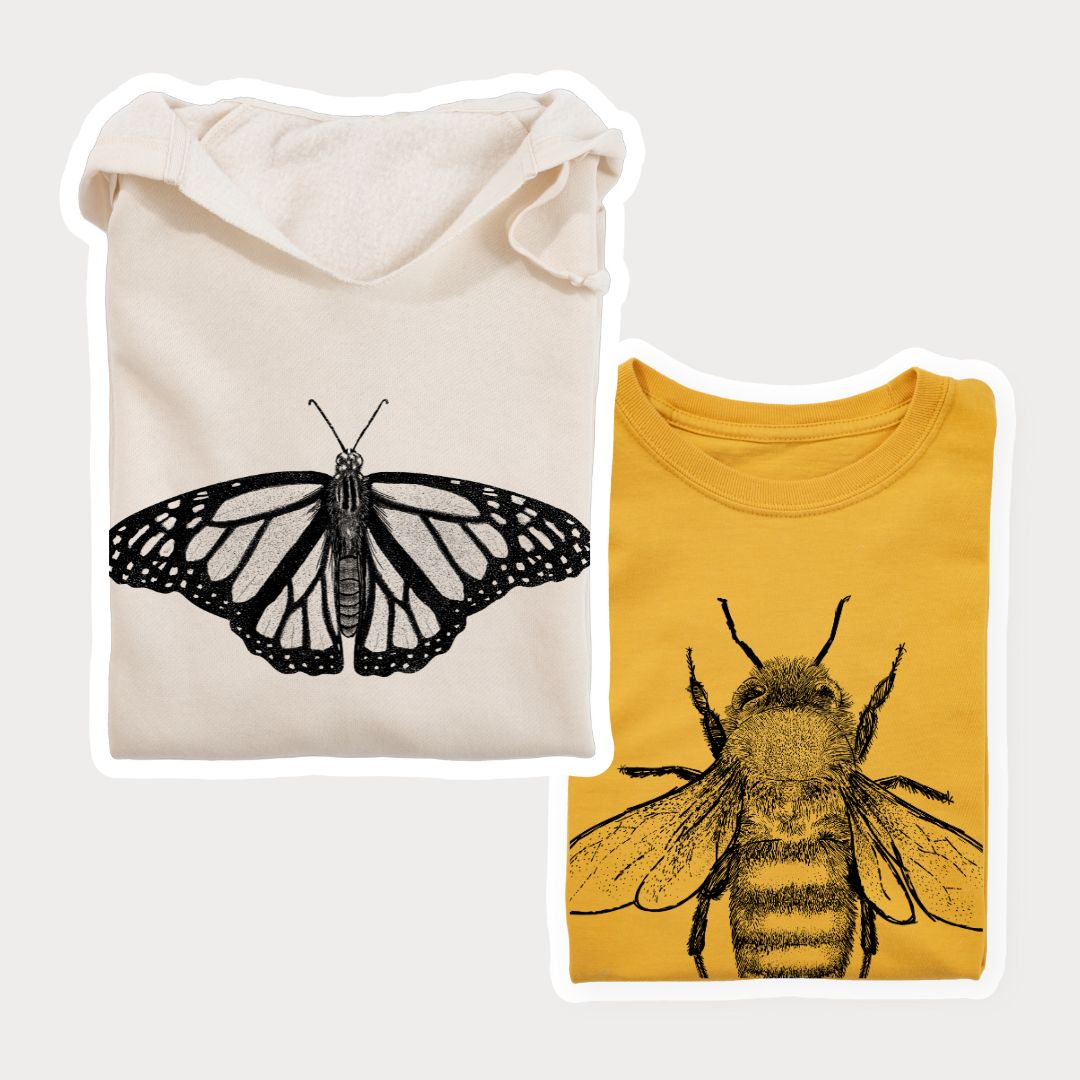

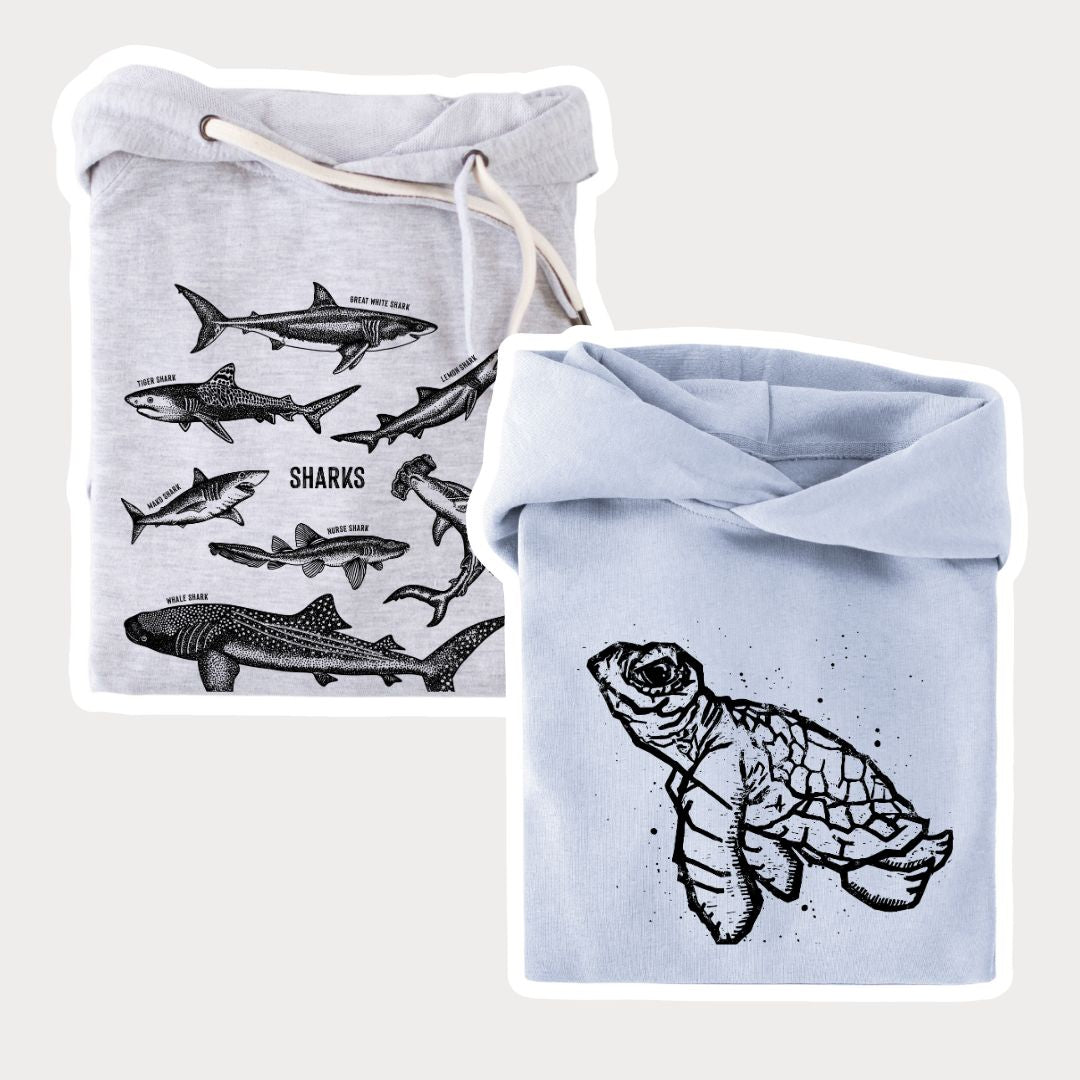
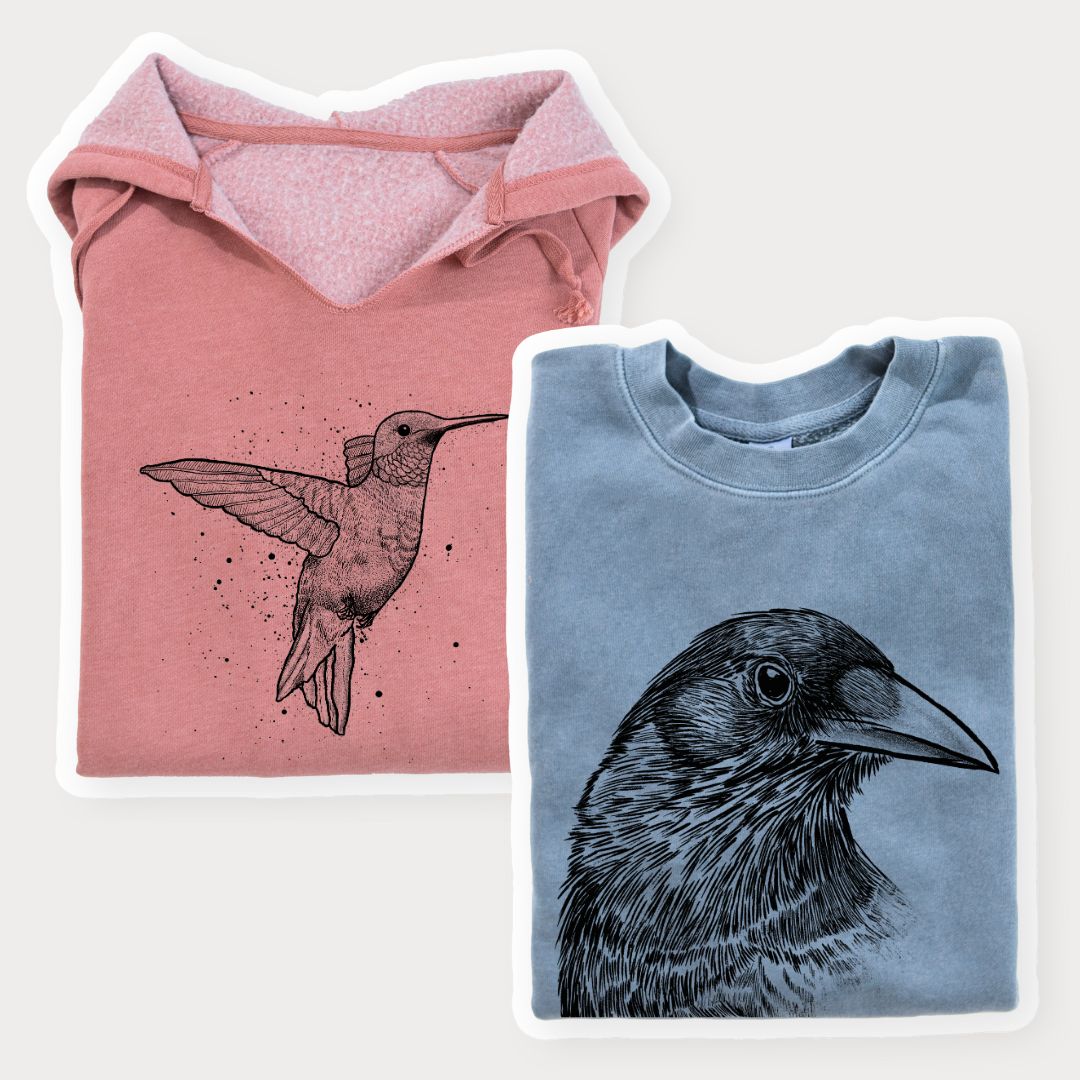
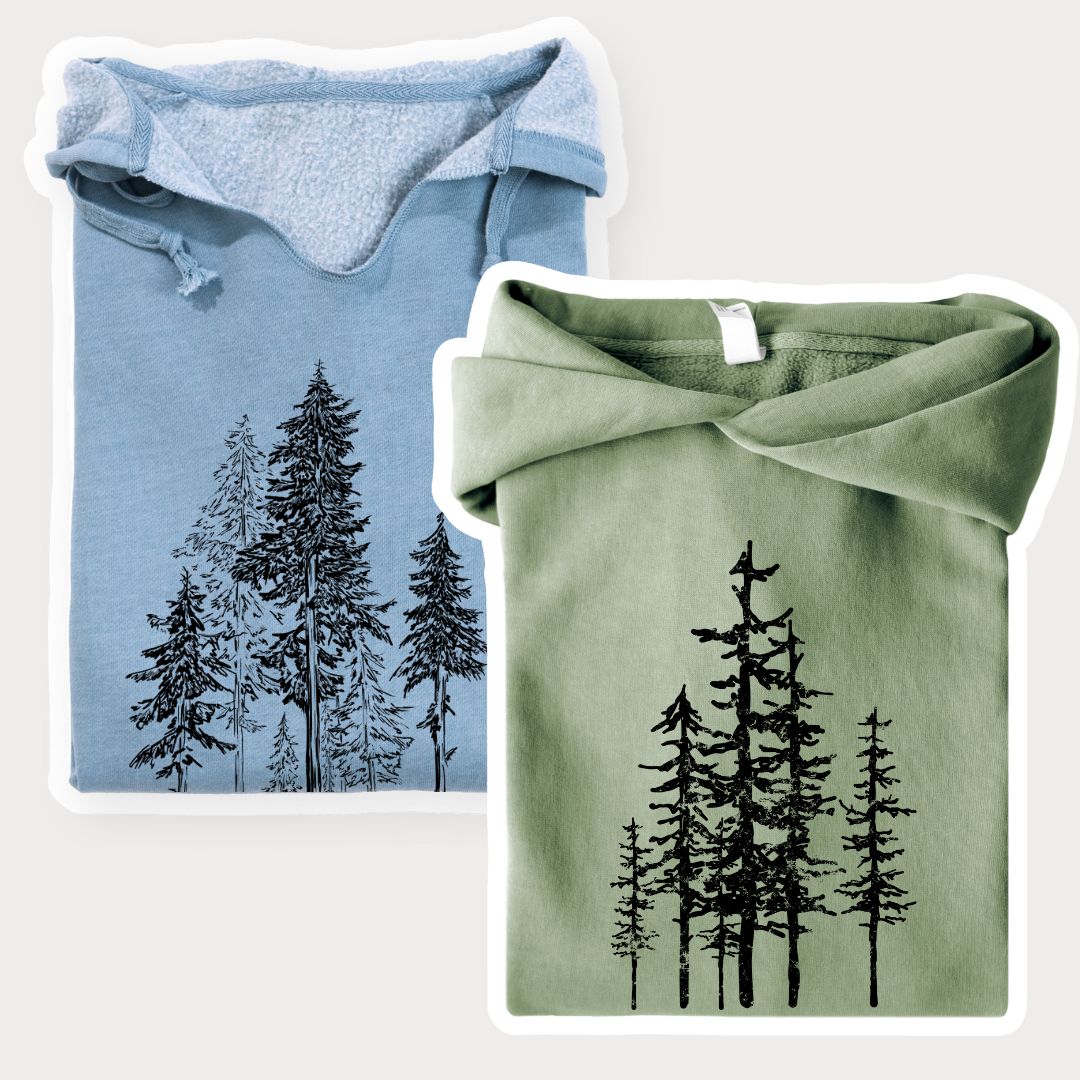
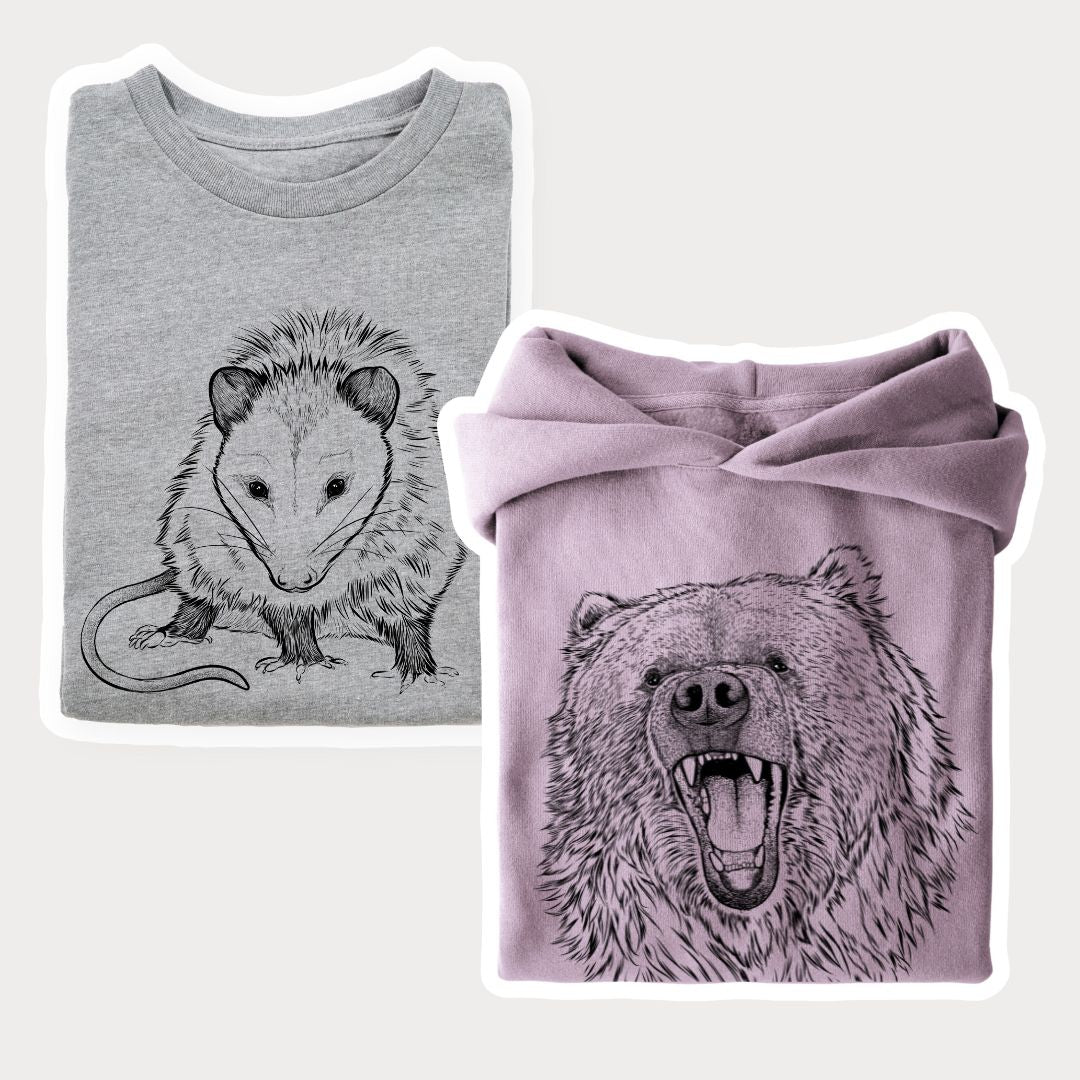


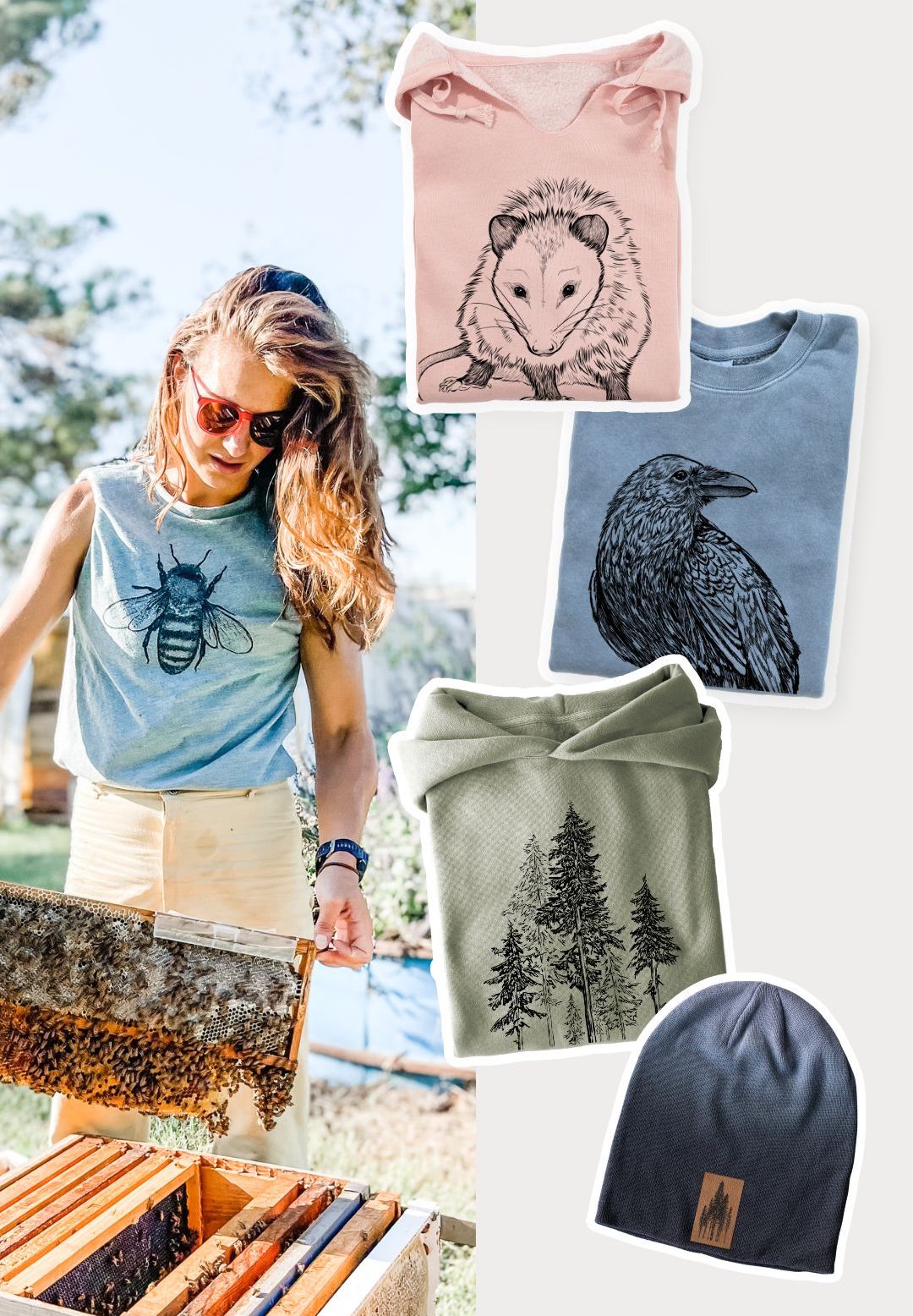
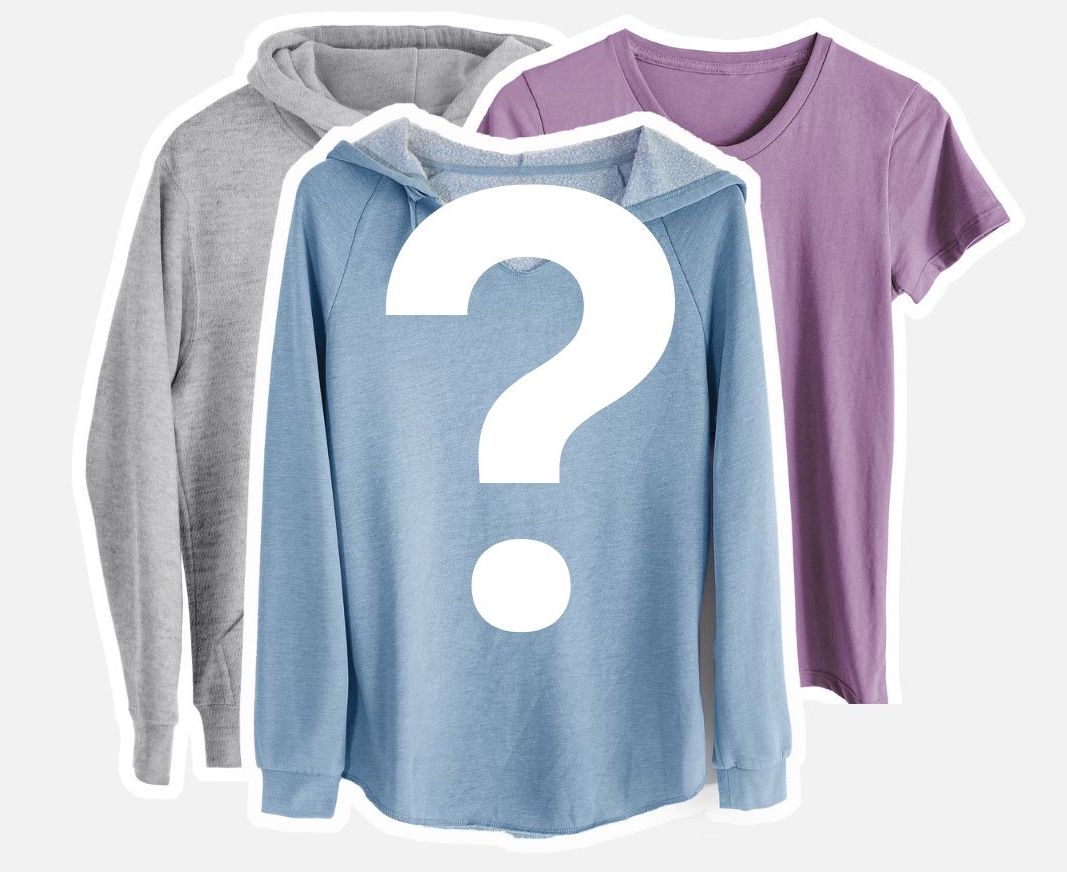
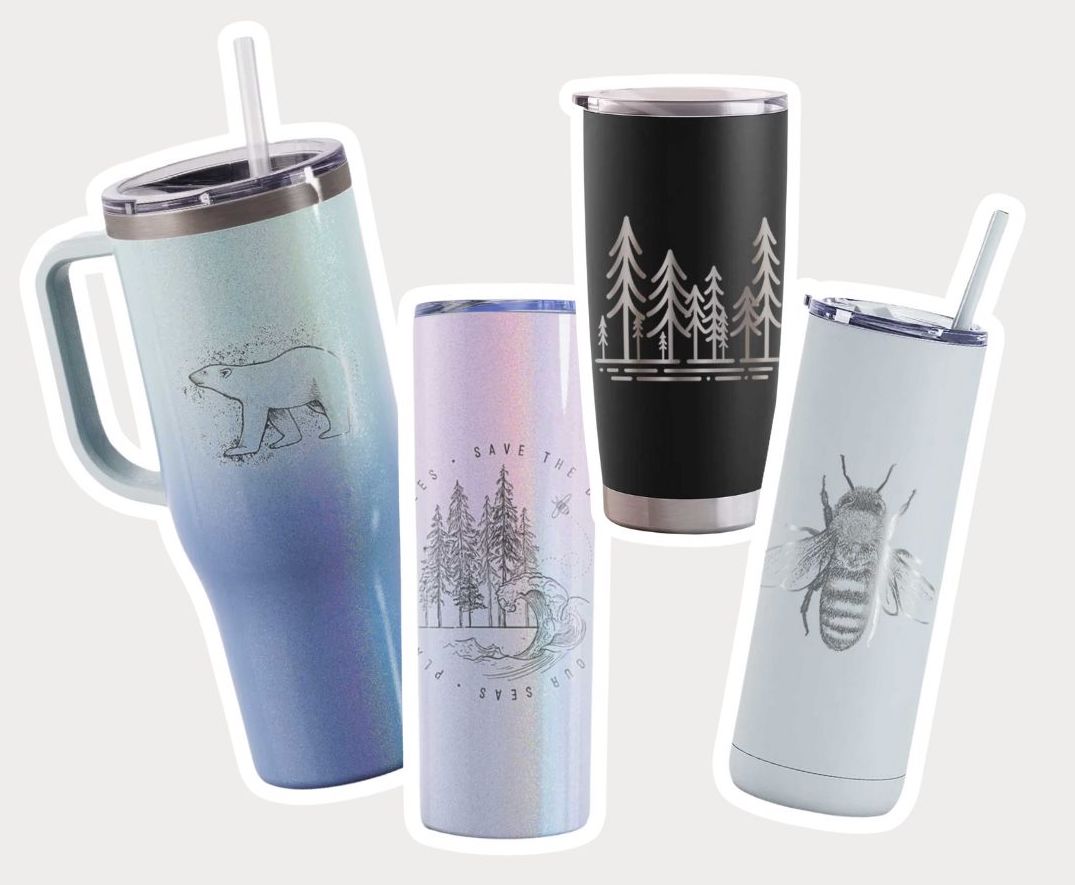


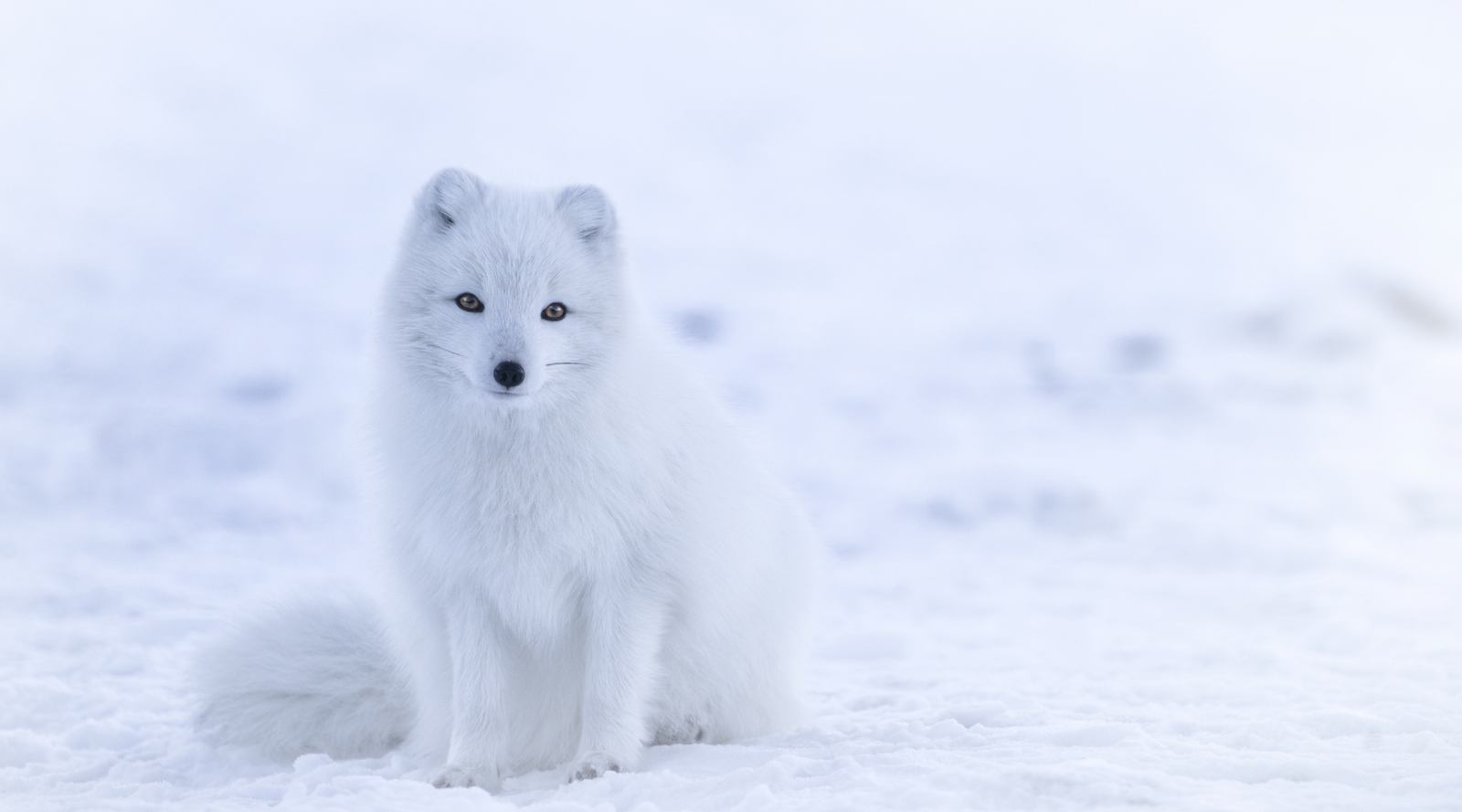
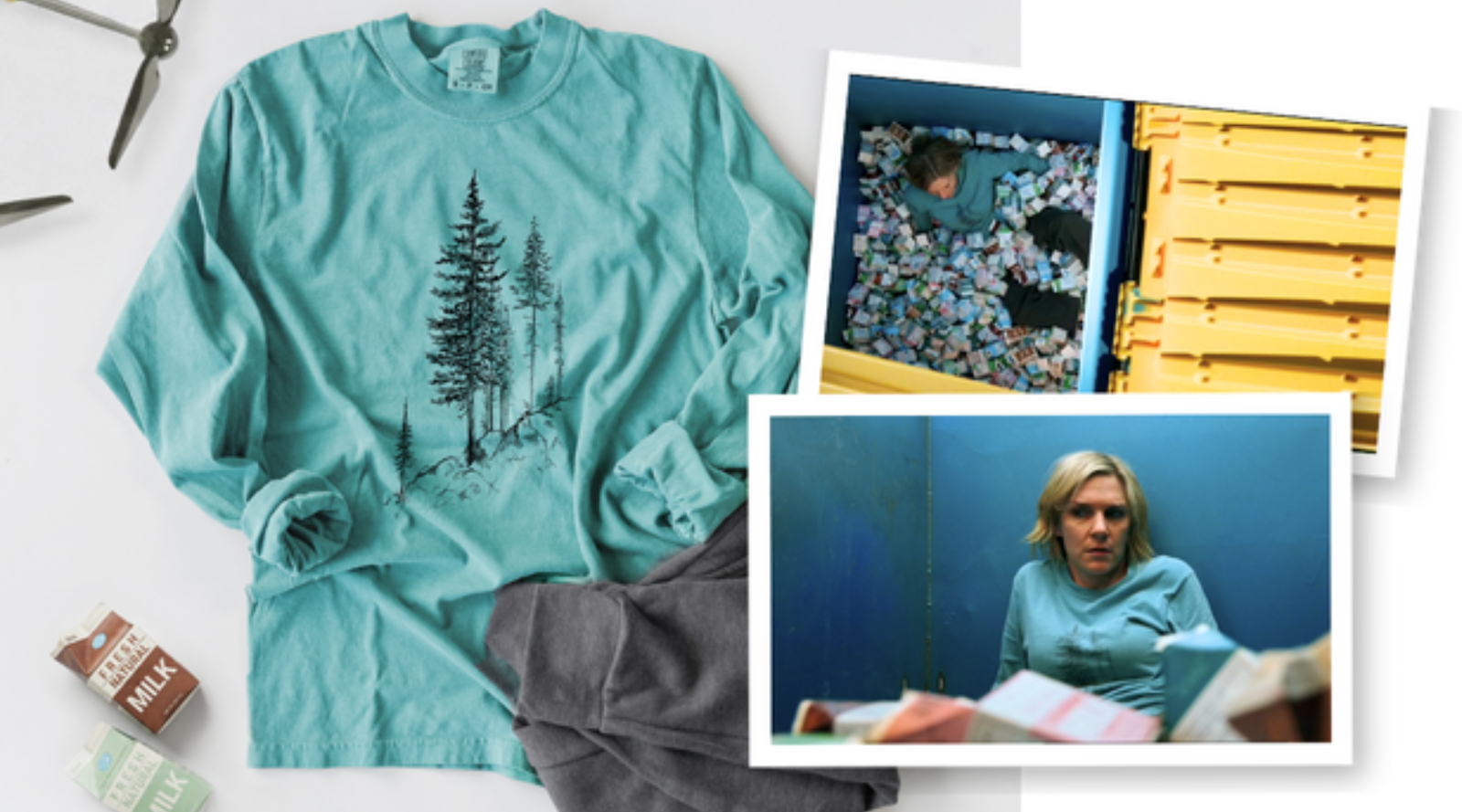
Leave a comment (all fields required)